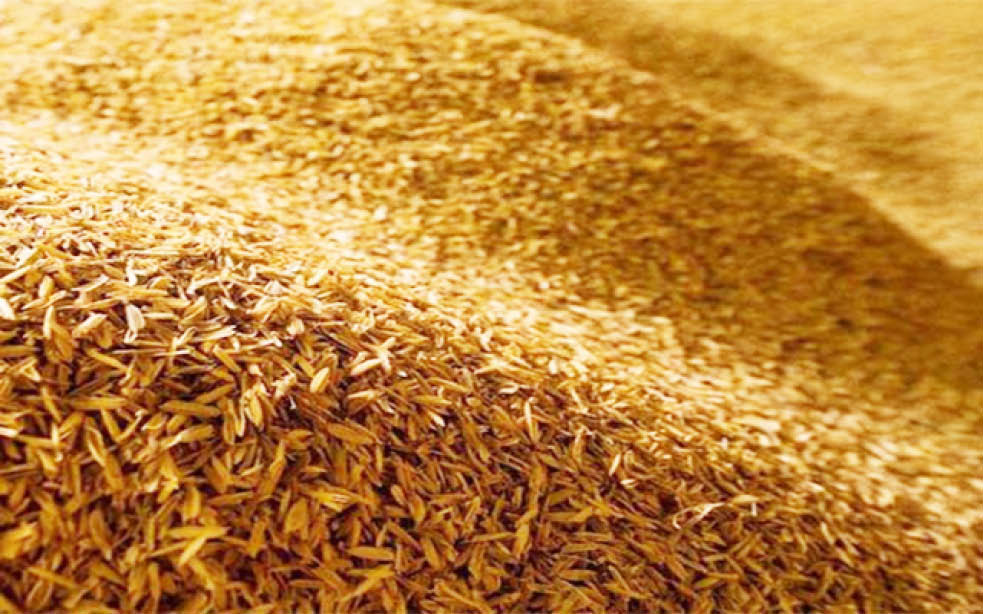The Federal Government has said it has begun moves to stop the annual N20 billion being spent on importation of sodium silicate by producing the product locally from rice husk.
The move, the government said, would also promote increase profitability of rice farming in the country.
Sodium silicate, also called water-glass, is a clear liquid, semi-solid or solid viscous substance with sticky nature.
According to the Director General of the Raw Material Research Development Council (RMRDC), Professor Hussaini D. Ibrahim, Nigeria is at present spending over N20 billion on importation of sodium silicate and silica gel annually for the production of detergents, rubber, food and beverage, paper and pulp, paints and coatings, plastics and inks.
The DG said to check such annual spending, the council had fabricated a liquid sodium silicate pilot plant with a capacity of 500 L/hr using the latest technology to produce high-grade sodium silicate capable of competing in both domestic and export markets.
Taraba coffee farmers struggle amid funding challenges
AGRO SOLUTIONS: Tractor running entirely on cow manure launched by Italy-based coy
He said the pilot plant developed by the council has hydrothermal process that use agricultural waste like rice husk ash as a silica source to produce sodium silicate.
The DG said the annual production of 5.04 million tons of rice in Nigeria will lead to generation of about 1.2 million tons of rice husk and 200,000 tons of rice husk ash every year.
Daily Trust on Sunday reports that presently in Nigeria, rice husk is used for cattle feeding, partition board manufacturing and rice husk ash used in land filling.
Rice husk has very low food value and being a fibrous material, it can prove to be fatal for the cattle feeding. Use of rice husk ash or rice husk in land filling is also an environmentally hazardous way of disposing the waste.
Despite having so many well-established uses, little portion of rice husk produced locally is utilized in any meaningful way while the remaining part is destroyed by burning or allowed to decay in public places in the open air leading to environmental pollution. The reasons for this include lack of awareness of its potential, insufficient information about its industrial applications, socio-economic problems, and inadequate processing technology.
Professor Ibrahim said the numerous usefulness of rice husk informed the council’s decision to set up the plant, which will save the country more than N20 billion annually in foreign exchange equivalent presently expended annually on sodium silicate importation.
‘’The technology has many advantages. It maximizes the utilization of waste (rice husk ash) to produce value added product (sodium silicate) and minimizes the environmental pollution which could be caused by the waste on disposal. It requires less temperature (100–200 0C) for heating and high-grade sodium silicate can be produced from the process. It is also more suitable for small scale production and is therefore selected for liquid sodium silicate production,” he said.
As at now, he said, three investors have indicated interest in establishing small scale plants for producing sodium silicate from rice husk ash in the rice growing areas of the country.

 Join Daily Trust WhatsApp Community For Quick Access To News and Happenings Around You.
Join Daily Trust WhatsApp Community For Quick Access To News and Happenings Around You.


